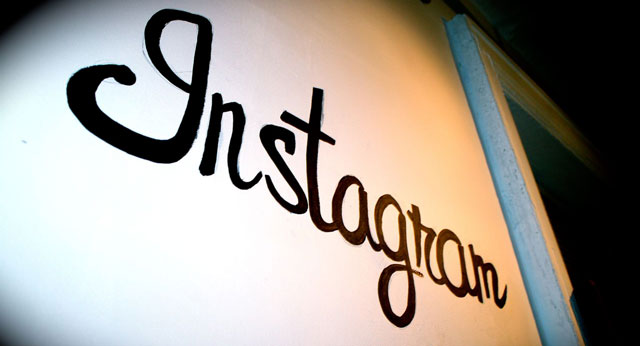
Most companies preparing for a huge stockmarket flotation would try to keep a low profile. Not Facebook. On 9 April, the giant social network stunned the business world by announcing it was buying Instagram, a photo-sharing social network, for US$1bn in cash and stock. This surprising combination, swiftly dubbed “Facestagram”, has sparked a debate about whether Facebook’s big beasts have overpaid for their prey.
Instagram has proved irresistible largely because of two big trends that are transforming the technology landscape. The first is the rapid rise of the mobile Internet, which is being driven by a proliferation of smartphones and wireless broadband connections. The second is the desire of people to be able to share stuff with their pals from wherever they are. These forces have already spawned a number of mobile-phone-focused social networks such as Path and Foursquare.
By producing elegant apps that make uploading and sharing photos on phones a breeze, Instagram has become one of the most successful of this new breed of start-up. The company, whose apps also let people post their snaps onto Facebook, Twitter and other social networks, already boasts over 30m registered users and is growing like Topsy: its Android app was downloaded more than a million times in just 24 hours after its launch on 3 April.
But does that make it worth such a vast sack of cash? Critics have not been slow to note that the acquisition makes a 13-person company, which is barely two years old, worth more than the New York Times, among many other famous brands. Facebook’s decision to pay so much money for a firm that has, as it happens, no revenue whatsoever smacks to many of the insanity that fuelled the last tech bubble.
That sense of déjà vu was reinforced by news that Facebook’s bid came shortly after Instagram had closed a funding round with a bunch of venture capitalists that valued it at $500m. How could the start-up’s worth have doubled in just a few days? The venture folk are unlikely to have got their sums so dramatically wrong. “There comes a point when people who want to do a deal just throw out the financial spreadsheets,” says Rajeev Chand of Rutberg & Company, an investment bank.
But by paying partly with its own shares, Facebook is at least using a currency that has been inflated by investors’ appetite for social networks. (On 11 April, Viadeo, a large professional network that is strong in Europe and emerging markets, announced it had raised $32m from financiers.) Moreover, by some estimates, Facebook’s purchase does not seem so outlandish. Don Dodge, a Google executive and start-up veteran, has noted that the social network is paying about $30/user for Instagram, and other social apps have been valued at anywhere from $20 to $50/user. Many of Instagram’s fans are no doubt Facebook aficionados already, but the deal will give the big social network even more data about them with which to target its advertisements.
There are also several good reasons why Instagram is worth more to Facebook than to anyone else. As the social-network giant has matured, it has become paranoid that a sexier start-up will woo its customers. By swallowing Instagram, it removes both an alluring rival and a likely acquisition target for other competitors, such as Twitter and Google, which is trying hard to spice up its Google+ social network.
As well as scuppering any prospect of “Googstagram”, Facebook’s purchase also brings it some badly needed mobile know-how. Its own mobile apps are clunky, in marked contrast to Instagram’s slick interface. Some Silicon Valley companies, including Facebook, have closed small firms they have bought in order to set their talent to work on their own services. But Facebook says it has no plans to draw the shutters on Instagram.
It should stick to that promise. Instagram has blossomed precisely because it is cooler, less cluttered and less commercial than Facebook. Squashing the business would alienate loyal followers and destroy a chance that Instagram could do with pictures what, say, Twitter (presently valued at around $8bn) has done with words. Indeed, if it is to prosper, Facebook, which until now has run itself as a highly centralised empire, not unlike the former Soviet Union, may have to become more of a decentralised federation, with a range of specialist but interlinked apps that do specific things very well. In business, as in photography, it pays to stay focused. — (c) 2012 The Economist




